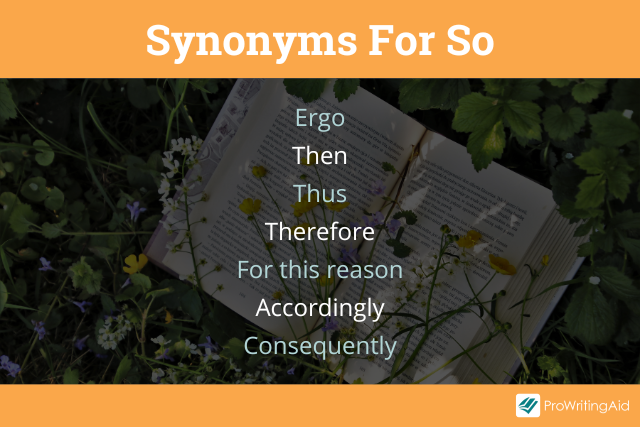Death, an inevitable transition from this world, evokes myriad feelings, beliefs, and contemplations. The Baha’i Faith, with its profound teachings and holistic approach to life, offers a unique perspective on this monumental event. The question “So Am I Ready for Death?” emerges, laden with profundity. It invites reflection not merely on the end of earthly existence but on the quality of life we lead prior to this transition. This inquiry unveils essential tenets of Baha’i teachings, encouraging deeper introspection.
As we embark upon this exploration, it is prudent to consider the transformative nature of Baha’i philosophy. The teachings of Baha’u’llah, the Prophet-Founder of the Baha’i Faith, illuminate the purpose of existence as a process of spiritual development. Life is perceived as a series of opportunities to cultivate virtues, engage in service, and deepen one’s understanding of the divine. Hence, the consciousness of mortality should inspire a proactive cultivation of one’s spirituality and morality rather than provoke fear or anxiety.
This leads us to the core inquiry: are we preparing ourselves spiritually, intellectually, and emotionally for the eventuality of death? One might ponder, what does it mean to be “ready” for such a profound transition? Is readiness measured by our accomplishments, our relationships, or our inner spiritual state? The Baha’i teachings elegantly posit that readiness does not hinge on specific worldly achievements but rather on the state of one’s heart and the depth of their faith.
The Baha’i perspective on death posits it not as an end, but as a continuation—an advancement to a new realm of existence. This belief can be both liberating and challenging. It challenges the materialistic worldview prevalent in contemporary society, which often fosters an indifferent or fearful attitude toward death. Understanding death as a passage to a higher plane encourages a sense of peace, prompting adherents to lead lives of purpose and virtue, remaining engaged in acts of kindness and justice.
The Baha’i teachings further emphasize that the soul is immortal. Beyond this earthly existence, the soul progresses, attaining higher levels of consciousness as it draws closer to God. This foundational belief fosters a sense of continuity and connection beyond the physical. When contemplating death, one must reflect on the cultivation of virtues such as love, compassion, and detachment from material possessions. These qualities serve as preparation, ensuring that as one transitions from this life, they carry forth a rich legacy of character and understanding.
Furthermore, Baha’i teachings advocate an interconnectedness of humanity, promoting a life of service and unity. Engaging in meaningful relationships and contributing to the welfare of others not only enriches our present but also aligns with the core principles of spiritual readiness. The challenge here lies in our ability to live selflessly and authentically. In preparing for death, we are reminded of the importance of fostering love and friendship, for it’s these bonds that fortify our readiness. We might ask, “How many lives have I touched and how many souls have I uplifted?”
The notion of preparation also invites a candid confrontation with fear—fear of the unknown, fear of regret, and fear of unfinished business. Baha’i discourse encourages individuals to explore these fears through prayer and reflection. Engaging with God through prayer fortifies the spirit, illuminating pathways to transcend anxiety and embrace serenity. The act of prayer provides solace, enabling individuals to reach a state of contentment, thereby promoting readiness for whatever comes after this life.
It is crucial to acknowledge that such reflections are not undertaken in isolation. The Baha’i community is marked by its vibrancy and support, helping individuals navigate the tumultuous waters of existential contemplation. In this communal context, discussions around death fare better as shared experiences encourage vulnerability and transparency. Thus, the challenge of readiness transforms from a solitary endeavor to a communal journey, highlighting the importance of companionship and solidarity in spiritual evolution.
Moreover, the Baha’i Faith encourages individuals to reflect on their lives through regular self-assessment. By examining one’s actions, reactions, and personal growth, one can determine the alignment of their life with divine principles. This process can be instrumental in articulating one’s readiness. It begs the playful question: If today were my last, would I leave satisfied or with unspoken words and unfulfilled purposes? Such reflections cultivate an active approach to living fully in the present moment.
Ultimately, the query, “So Am I Ready for Death?” serves as an impetus, urging one to live reflectively and purposefully. In the grand tapestry of existence, readiness for death emerges not as a final assessment but as an ongoing journey steeped in the teachings of love, service, and spiritual growth imparted by Baha’u’llah. With every choice, every act of kindness, and every attempt to embody Baha’i principles, one moves closer to a state of spiritual readiness.
As we traverse this life, we must strive to live ardently, aligning our deeds with our beliefs. Engaging with the teachings of the Baha’i Faith, we can embrace the concept of mortality with grace, allowing it to imbue our lives with meaning. By fostering virtues, participating in our communities, and nurturing our connections with the divine, we prepare not only for death but for a life replete with purpose and fulfillment.
